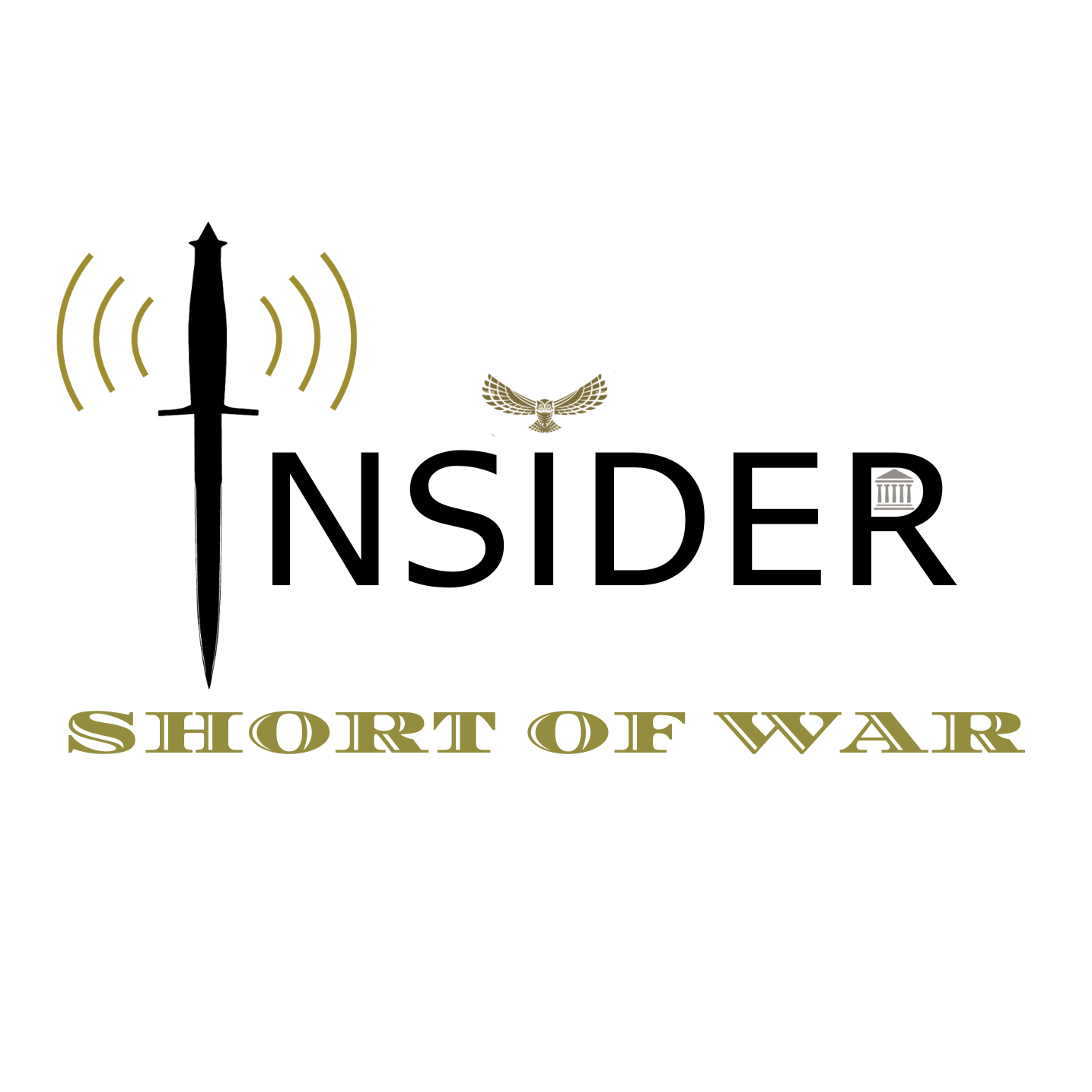The Day After Nasrallah: Succession and Strategic Opportunities
Description
by Alexandra Veyne, the Chief Human Resources Officer of the Irregular Warfare Initiative.
In this analysis of Hezbollah's leadership crisis, Alexandra Veyne examines the strategic implications of Hassan Nasrallah's elimination and his successor Naim Qassem's appointment. She argues that Qassem's lack of charisma and weaker leadership profile could prove more devastating to Hezbollah than continued tactical strikes. Drawing on Shi'i political dynamics and organizational theory, Veyne suggests that Israel's strategic interests might be better served by allowing an ineffective leader to remain in power while supporting Lebanese opposition forces, rather than pursuing another high-profile assassination.
The views expressed are those of the author(s) and do not reflect the official position of the Irregular Warfare Initiative, Princeton University’s Empirical Studies of Conflict Project, the Modern War Institute at West Point, or the United States Government.
The essay can be found on the Irregular Warfare Initiative's website.
If you value reading the Irregular Warfare Initiative, please consider supporting our work. And for the best gear, check out the IWI store for mugs, coasters, apparel, and other items. Subscribe to this podcast and leave us a review.
More Episodes
by Tom Johansmeyer, a PhD candidate in international conflict analysis at the University of Kent.
When natural disasters strike, foreign actors often exploit food insecurity to spread disinformation and influence vulnerable populations. In this episode, Tom Johansmeyer proposes an innovative...
Published 11/20/24
Published 11/20/24
This article is part of Project Cyber, which explores and characterizes the myriad threats facing the United States and its allies in cyberspace, the information environment, and conventional and irregular spaces. Please contact us if you would like to propose an article, podcast, or event...
Published 11/07/24


